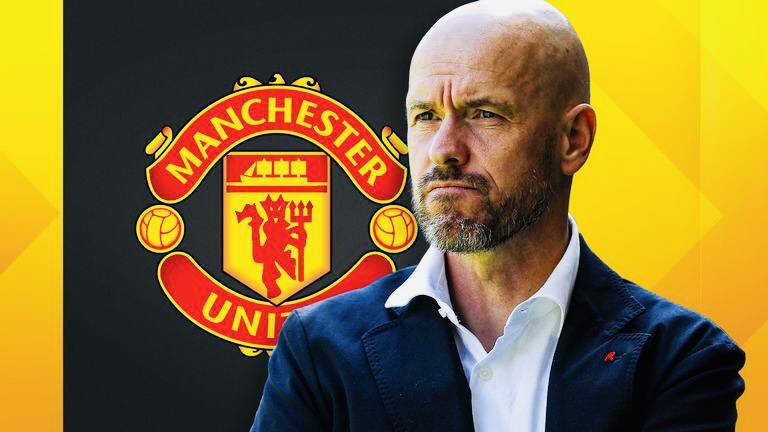Manchester United, the English football club, has recently found itself in hot water as UEFA, the governing body for football in Europe, has imposed a hefty fine of £257,000 upon them. This penalty stems from a minor violation of UEFA's financial fair play regulations. While the amount may seem substantial, it is important to delve deeper into the intricacies of the situation to fully comprehend its significance.
Financial fair play rules were implemented by UEFA to ensure the financial stability and sustainability of football clubs across Europe. The objective behind these regulations is to prevent clubs from spending beyond their means and accumulating excessive debt, which could ultimately jeopardize their long-term existence. By enforcing such rules, UEFA aims to maintain a level playing field and promote a healthy economic environment within the sport.
In the case of Manchester United, it appears that they have committed a breach of these financial fair play rules, albeit a minor one. The specific nature of the violation has not been disclosed publicly, leaving fans and analysts speculating about the exact details. However, given the relatively low amount of the fine, it can be inferred that the infringement was not severe in nature.
It is worth noting that Manchester United is not the first club to face sanctions under UEFA's financial fair play regulations. Several other prominent European clubs, such as Paris Saint-Germain and AC Milan, have previously been penalized for similar violations. These penalties can range from fines to transfer restrictions and even exclusion from European competitions.
The fine of £257,000 imposed on Manchester United, while not an astronomical sum for a football club of their stature, serves as a reminder that no organization is exempt from adhering to the rules set forth by governing bodies. Financial stability is crucial for the long-term success of any football club, and even minor breaches of regulations can have consequences.
Furthermore, this incident highlights the ongoing challenges faced by football clubs in maintaining a delicate balance between financial growth and compliance with UEFA's regulations. Clubs often find themselves in a constant pursuit of success, which can lead to substantial investments in player transfers and wages. While such expenditures can enhance a team's competitiveness, they also pose a risk of straining its financial resources.
Manchester United, like many other top-tier clubs, operates in a highly competitive environment where success is closely tied to financial muscle. The pressure to secure lucrative sponsorship deals, attract star players, and maintain a global fan base can lead to considerable financial commitments. Nevertheless, clubs must navigate these challenges responsibly and within the framework of UEFA's financial fair play rules to avoid penalties.
In response to the fine, Manchester United has expressed its commitment to complying with UEFA's regulations and has stated that the club will work to ensure future adherence to the financial fair play rules. This demonstrates the club's willingness to rectify any shortcomings and avoid similar infringements in the future.
Ultimately, while the £257,000 fine may not have a significant impact on Manchester United's overall finances, it serves as a reminder to all football clubs of the importance of upholding financial fair play regulations. The incident highlights the ongoing efforts by UEFA to maintain the economic stability of European football and emphasizes the need for clubs to exercise financial prudence in their operations. By ensuring compliance, clubs can contribute to a sustainable and equitable football ecosystem, benefiting the sport as a whole.




No comments yet
Be the first to share your thoughts!